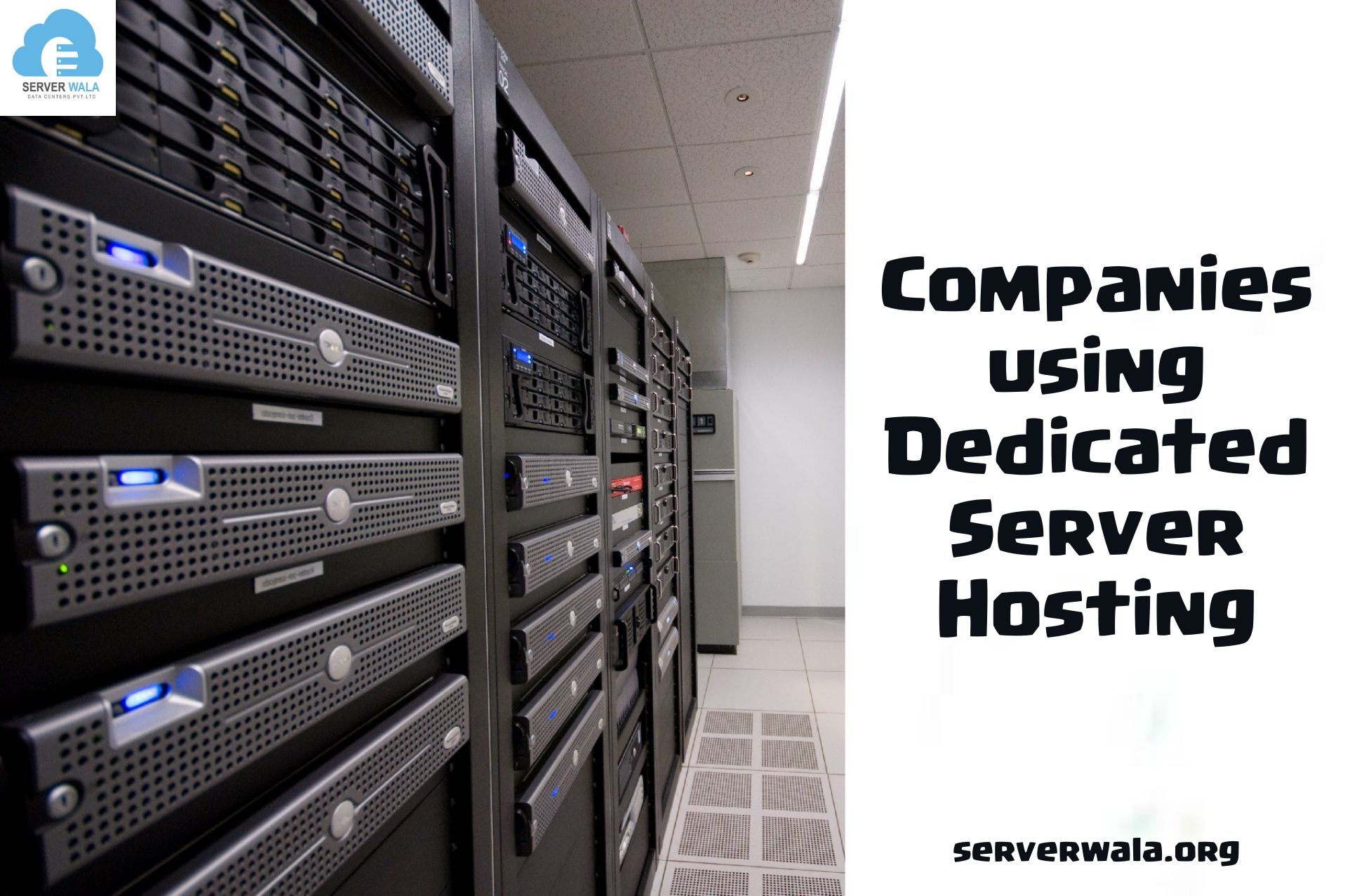Types of Web Hosting
Before delving into the factors that influence your decision, it's important to understand the various types of web hosting. The three most web hosting common types are shared hosting, virtual private server (VPS) hosting, and dedicated hosting.
1. Shared Hosting
Shared hosting is like renting a room in a shared apartment. Your website shares server resources with other websites on the same server. It's a cost-effective option suitable for small websites with moderate traffic. However, if one website on the server experiences a surge in traffic, it can affect the performance of others.
2. VPS Hosting
VPS hosting provides a dedicated portion of a server with its own resources. It's a step up from shared hosting, offering more control and customization. VPS is ideal for growing websites that need more resources but may not require a dedicated server.
3. Dedicated Hosting
Dedicated hosting gives you an entire server exclusively for your website. This option is suitable for large websites with high traffic volumes and resource-intensive applications. While it offers maximum control and performance, it comes with a higher price tag.
Key Factors to Consider
Now that you know the types of hosting available, let's explore the factors that should influence your decision.
1. Performance and Reliability
Performance and reliability are non-negotiable aspects of web hosting. A slow website can drive visitors away, negatively impacting your online presence. Look for a hosting provider that offers a solid uptime guarantee (99.9% or higher) and utilizes high-performance hardware.
2. Scalability
Consider the scalability of the hosting service. If you anticipate your website growing in terms of traffic and content, a scalable hosting solution is essential. VPS hosting, for example, allows you to easily upgrade your resources as your website expands.
3. Security
Security is paramount in the digital landscape. Choose a hosting provider that implements robust security measures, including firewalls, regular backups, and SSL certificates for data encryption. Additionally, check for a hosting provider with a good reputation for addressing security vulnerabilities promptly.
4. Customer Support
Reliable customer support is crucial, especially if you're not a technical expert. Look for a hosting provider that offers 24/7 customer support through various channels, such as live chat, email, and phone. Read customer reviews to gauge the responsiveness and effectiveness of their support team.
5. Pricing and Plans
While cost shouldn't be the sole deciding factor, it's still an important consideration. Compare the pricing and features of different hosting plans. Be wary of overly cheap options, as they may compromise on performance and support. Look for transparent pricing and consider long-term plans for potential cost savings.







